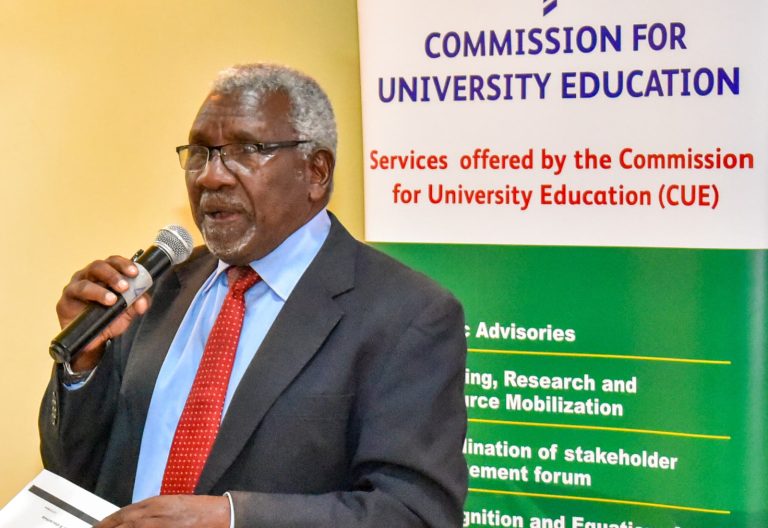Rise of rogue briefcase universities worrying
By Maurice Okoth, December 25, 2024The recent conferment of honorary degrees in Kenya has sparked intense controversy, with unaccredited institutions such as Northwestern Christian University and Open Christian University coming under scrutiny. These institutions have been accused of eroding the integrity of Kenya’s higher education system by awarding unverified academic titles, often to prominent individuals, in exchange for fees.
Reports reveal that Northwestern Christian University conferred 23 honorary doctorates and one honorary professorship during its 17th graduation ceremony. Similarly, Open Christian University awarded 18 honorary doctorates at a ceremony held in a Kisumu hotel on December 20, 2024. These actions highlight a growing concern over the operations of so-called “predatory briefcase universities” (PBUs), which lack physical campuses, credible academic programmes, and accreditation.
PBUs operate primarily to confer honorary degrees for financial gain. These institutions reduce honorary degrees — traditionally symbols of exceptional achievement or contributions to society — to mere commodities. By doing so, they tarnish the reputation of legitimate universities and dilute the value of honorary academic titles. Their practices deviate from academic norms, including the mass awarding of honorary degrees in single ceremonies and even offering honorary professorships — an almost unheard-of practice among reputable institutions.
The lack of accreditation from the Commission for University Education further underscores the illegitimacy of these institutions. Under Kenyan law, degrees awarded by unaccredited entities are illegal. PBUs conduct graduation ceremonies exclusively for honorary degrees, with no undergraduate or postgraduate qualifications offered. These events are often staged in rented venues, such as hotels or diploma colleges, further exposing the lack of legitimacy and infrastructure.
PBUs exploit regulatory loopholes to operate as profit-driven entities. They charge significant fees for their honorary titles, leveraging the allure of academic prestige. For example, a nominee might pay a non-refundable registration fee of $100, a PhD gown fee of $700, and additional handling fees ranging from $700 to $1,500, depending on the title. Nominees are also required to attend a leadership summit and bring at least five attendees, each paying $50. This model generates substantial revenue while also recruiting future nominees, illustrating the profit-oriented nature of these practices.
The financial accessibility of these honorary degrees, priced at between Sh300,000 and Sh400,000, has made them attractive to various professionals, including engineers and medical doctors, seeking to elevate their profiles. The requirement for conferees to bring additional attendees ensures not only a well-attended event but also a steady supply of new candidates, perpetuating the cycle of exploitation.
Beyond the direct financial benefits, PBUs target high-profile individuals to enhance their visibility and legitimacy. By associating with politicians, business leaders, and celebrities, these institutions create an illusion of credibility. Lavish ceremonies in rented venues serve as marketing tools to project an image of academic success and global relevance, despite the absence of accreditation or rigorous academic standards.
For the recipients, the benefits of these honorary degrees are both tangible and intangible. Titles such as “Doctor” or “Professor” enhance public image, lend an air of authority, and offer social and professional prestige.
To address this issue, the CUE must take decisive action, including conducting regular audits, publishing a list of accredited institutions, and launching awareness campaigns to educate the public on legitimate degree-awarding entities. Stricter penalties, such as hefty fines and legal action, should be imposed on unaccredited institutions. Individuals who knowingly accept degrees from such entities should also face consequences to discourage similar practices.
— The writer is a Professor of Physical Chemistry at the University of Eldoret
More Articles

